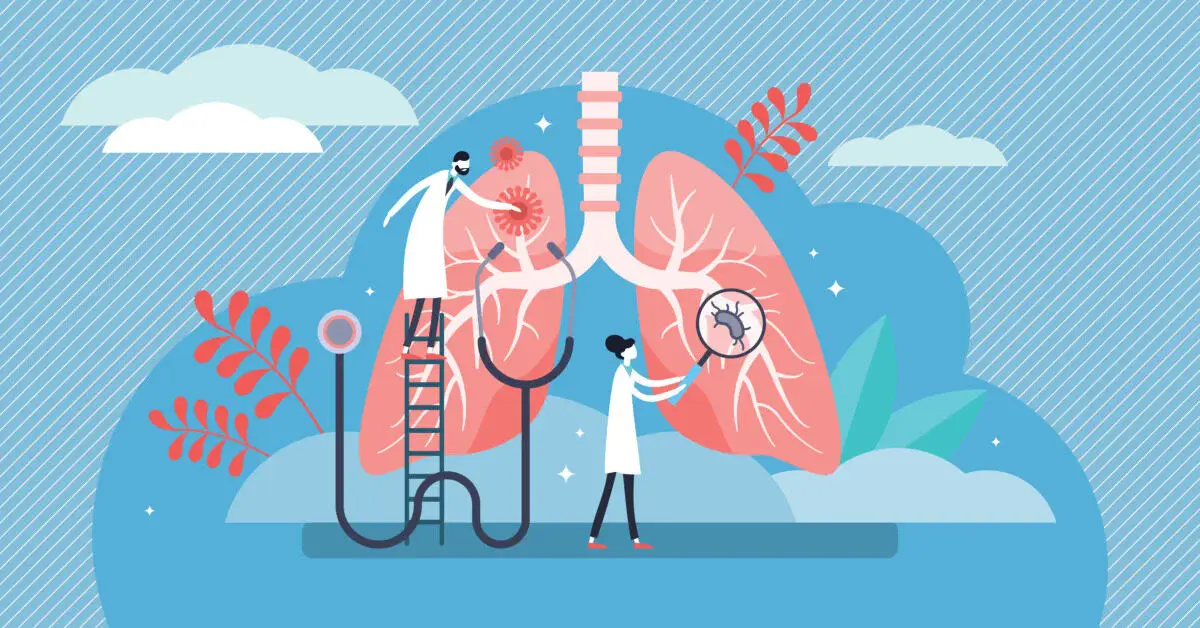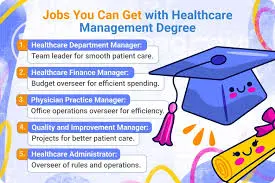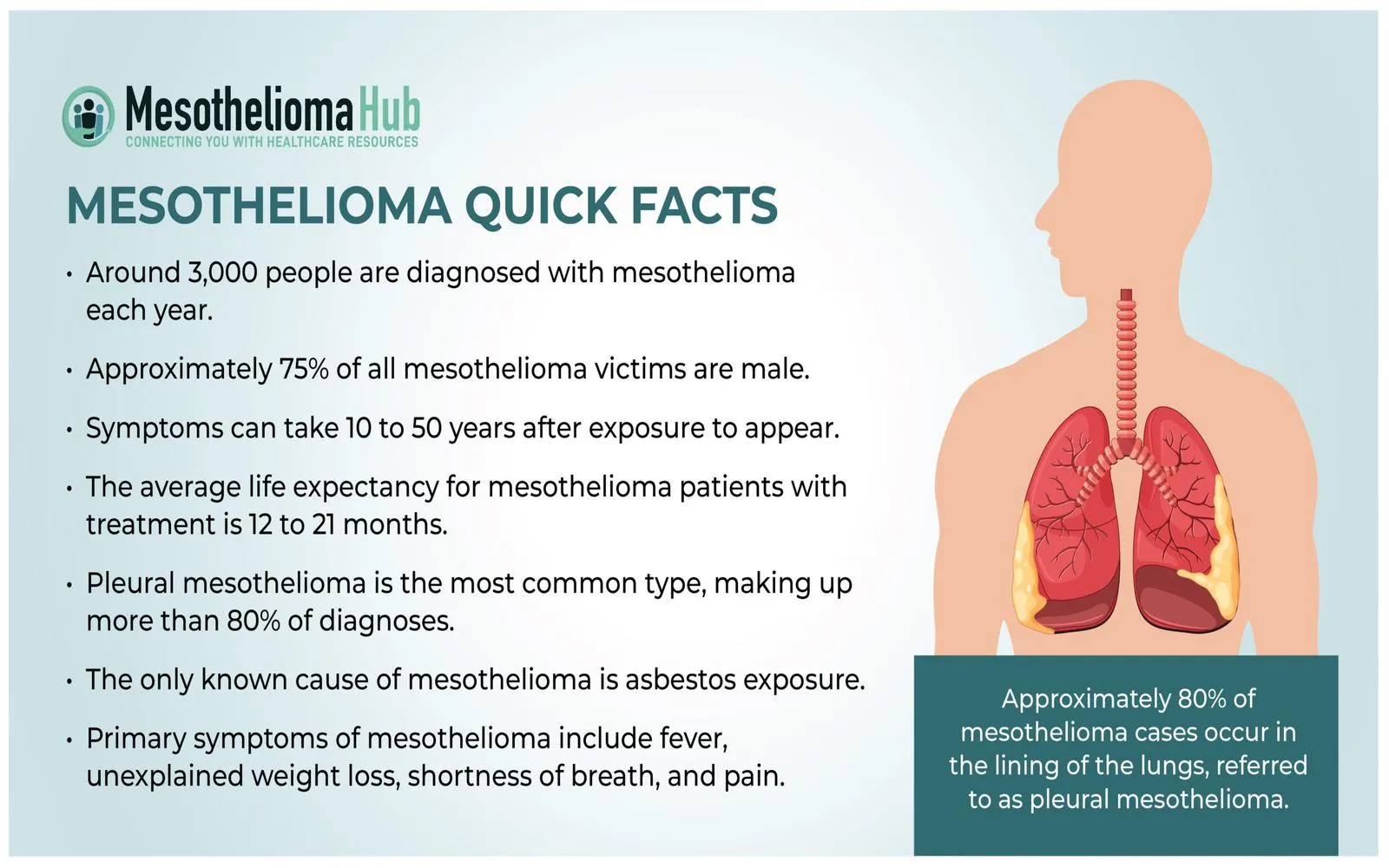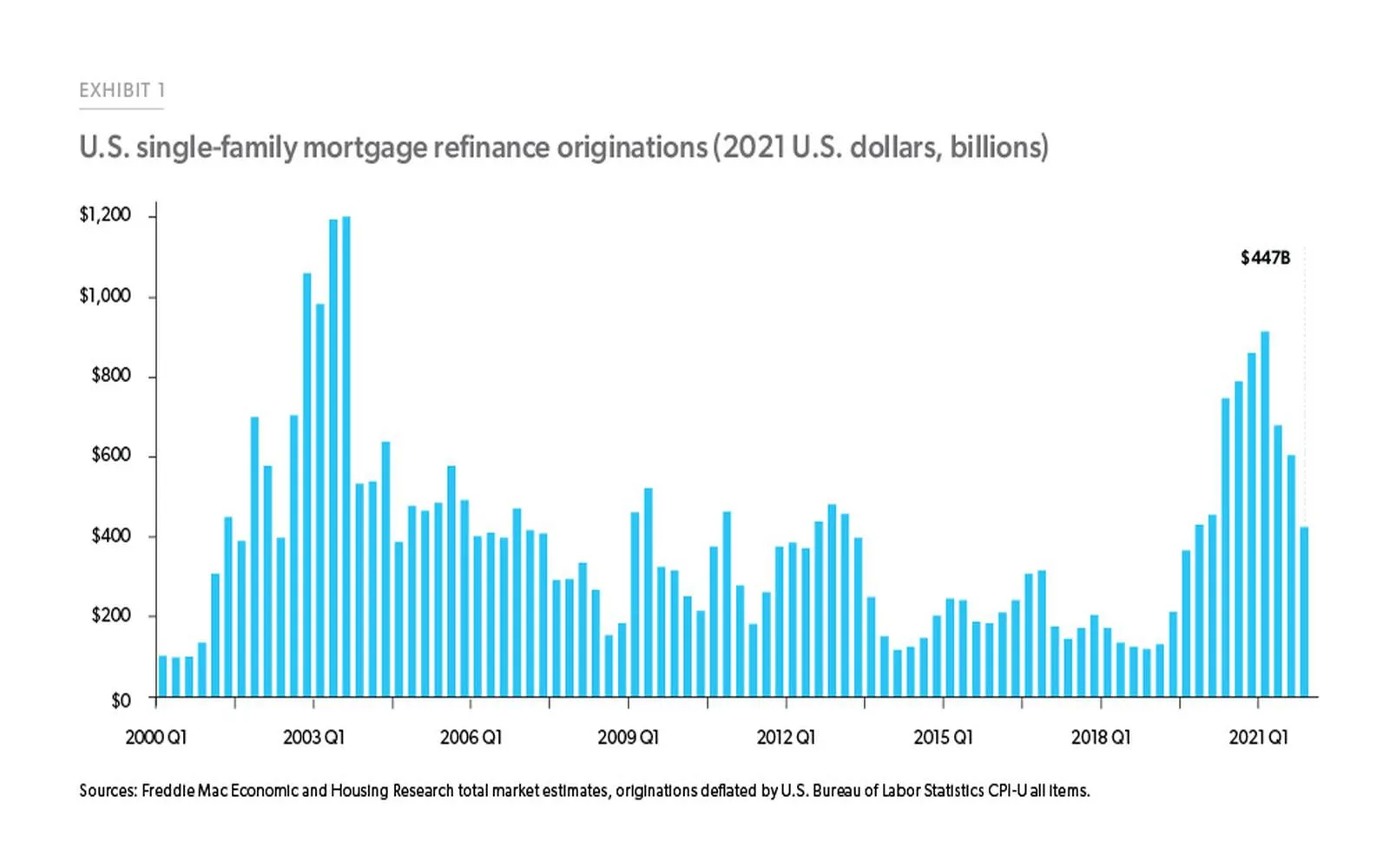Medical Breakthroughs: Innovations Shaping Healthcare Today
Introduction
In recent years, the field of healthcare has witnessed unprecedented innovations that are reshaping the way we approach medical treatment, diagnosis, and patient care. From groundbreaking technologies to revolutionary therapies, these medical breakthroughs are not only enhancing patient outcomes but also making healthcare more efficient and accessible. This article explores some of the most significant innovations in healthcare today, highlighting their impact on various medical fields and the future of medicine.
Telemedicine: Bridging the Gap
Telemedicine has emerged as a game-changer in healthcare, particularly in response to the COVID-19 pandemic. By facilitating remote consultations through video calls and digital communication, telemedicine has made it easier for patients to access medical care without the need for in-person visits. This innovation has proven especially beneficial for individuals in rural or underserved areas, where healthcare facilities may be scarce.
Moreover, telemedicine has expanded access to specialists for patients who might otherwise face long wait times or travel challenges. By allowing healthcare providers to monitor patients remotely, telemedicine also enables continuous care for chronic conditions, reducing hospital admissions and improving overall health outcomes.
Artificial Intelligence in Diagnostics
Artificial intelligence (AI) is revolutionizing diagnostics by providing healthcare professionals with advanced tools to analyze medical data. AI algorithms can quickly process vast amounts of information, including medical images, lab results, and patient histories, to assist in diagnosing conditions with remarkable accuracy.
For instance, AI-driven systems are now being used to detect diseases such as cancer, cardiovascular conditions, and neurological disorders at earlier stages than traditional methods. These technologies not only improve diagnostic precision but also reduce the time it takes to reach a diagnosis, allowing for timely intervention and treatment.
Personalized Medicine: A Tailored Approach
Personalized medicine, often referred to as precision medicine, represents a shift from a one-size-fits-all approach to a more individualized treatment strategy. By analyzing a patient’s genetic makeup, lifestyle, and environment, healthcare providers can tailor treatments to match the unique characteristics of each patient.
This approach has been particularly impactful in oncology, where targeted therapies are designed to attack specific cancer cells based on their genetic mutations. With the advent of genomic sequencing, oncologists can now identify the most effective treatments for each patient, significantly improving survival rates and reducing the likelihood of adverse side effects.
Wearable Health Technology
Wearable health technology has gained immense popularity, allowing individuals to monitor their health in real-time. Devices such as smartwatches and fitness trackers can track vital signs, physical activity, sleep patterns, and even stress levels, providing users with valuable insights into their health.
These devices empower patients to take a more active role in managing their health and can alert them to potential issues before they escalate. For healthcare providers, the data collected from wearable technology can enhance patient assessments and inform treatment decisions, leading to better health outcomes.
Robotic Surgery: Precision and Minimally Invasive Techniques
Robotic surgery has transformed the field of surgery by allowing for greater precision and minimally invasive techniques. Surgeons can now use robotic systems to perform complex procedures with enhanced dexterity and control, resulting in smaller incisions, reduced blood loss, and quicker recovery times for patients.
Robotic-assisted surgeries are being used in various specialties, including urology, gynecology, and orthopedics. The benefits of robotic surgery extend beyond the operating room; they also lead to shorter hospital stays, less postoperative pain, and improved overall outcomes.
CRISPR and Gene Editing
The discovery of CRISPR technology has revolutionized the field of genetics and has enormous implications for medicine. CRISPR allows scientists to edit genes with incredible precision, opening the door to potential cures for genetic disorders, certain types of cancer, and infectious diseases.
Research is underway to utilize CRISPR for treating conditions such as sickle cell disease and muscular dystrophy. As this technology continues to evolve, it holds the promise of not only treating but potentially eradicating genetic diseases, fundamentally changing the landscape of healthcare.
3D Printing in Medicine
3D printing is making significant strides in the medical field, offering innovative solutions for creating custom prosthetics, implants, and even biological tissues. With the ability to produce patient-specific models, 3D printing enhances surgical planning and improves the fit and functionality of medical devices.
In addition, researchers are exploring the use of 3D printing to create living tissues and organs, which could address the shortage of organ donors and revolutionize transplant medicine. As this technology continues to advance, it holds the potential to personalize treatments and improve surgical outcomes.
Advanced Drug Delivery Systems
Innovative drug delivery systems are transforming how medications are administered and absorbed in the body. Techniques such as nanoparticles, microneedles, and implantable devices are being developed to enhance the efficacy and safety of treatments.
For example, nanoparticles can be engineered to deliver targeted therapies directly to cancer cells while minimizing damage to healthy tissues. Similarly, microneedle patches offer a pain-free alternative to traditional injections, improving patient compliance and overall treatment success.
Digital Health Records and Interoperability
The shift towards digital health records has streamlined the management of patient information, making it easier for healthcare providers to access and share critical data. Electronic health records (EHRs) enhance communication among medical professionals, reduce paperwork, and improve the accuracy of patient records.
Interoperability— the ability of different EHR systems to communicate and exchange information— is crucial for enhancing care coordination. As healthcare systems work towards achieving interoperability, patients can expect more seamless transitions between providers and better overall management of their health.
Regenerative Medicine: Healing and Rebuilding
Regenerative medicine is an exciting field focused on repairing or replacing damaged tissues and organs. This innovative approach encompasses stem cell therapy, tissue engineering, and cellular therapies, offering new hope for patients with conditions that were once considered untreatable.
For example, stem cell therapies have shown promise in treating neurological disorders, heart disease, and orthopedic injuries. By harnessing the body’s natural healing processes, regenerative medicine has the potential to improve quality of life and restore functionality for countless individuals.
Conclusion
As we look to the future, the advancements in healthcare continue to unfold at an astonishing pace. The innovations highlighted in this article are just a glimpse of the transformative changes occurring in the medical field. From telemedicine and AI diagnostics to personalized medicine and regenerative therapies, these breakthroughs are redefining how we approach health and wellness.
However, with these advancements come ethical considerations and challenges that must be addressed to ensure equitable access to these innovations. As we embrace the future of healthcare, it is crucial to foster collaboration among researchers, healthcare providers, policymakers, and patients to maximize the benefits of these medical breakthroughs for all.
Explore

Join the Fight: Your Donation Can Fuel Breakthroughs in Cancer Research

Exploring Online Healthcare Administration Degrees: A Path to a Rewarding Career in Healthcare Management

Exploring Advanced Mesothelioma Treatments: Cutting-Edge Therapies and Innovations

Contract Management Software for Healthcare: Streamlining Compliance and Efficiency
Streamlining Healthcare Operations: A Guide to Practice Management Software
Revolutionizing Healthcare: The Ultimate Guide to Nomad X-Ray Units

Unlock Your Financial Future: How to Open a Free Bank Account Today!

Mortgage Refinance Rates: Unlock the Best Savings Today
